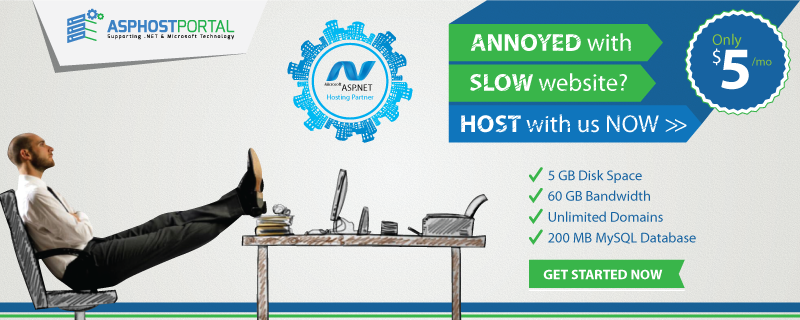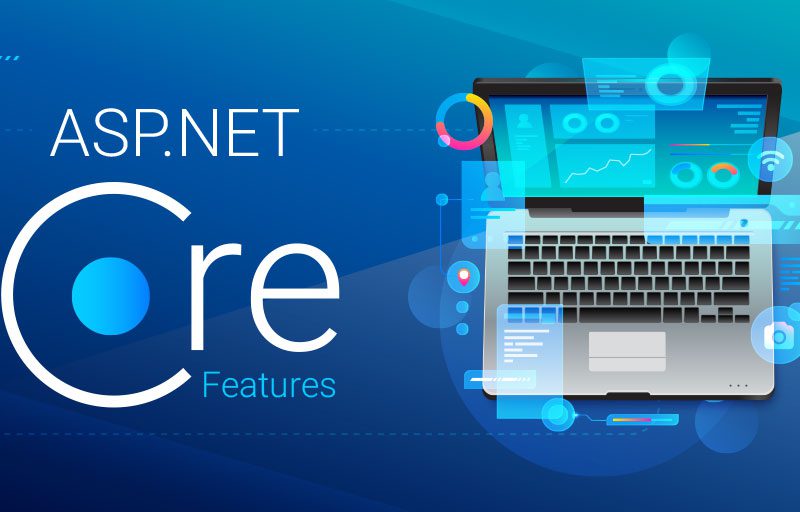Businesses are being empowered by software applications as a result of technological advancements in the USA and throughout the world in 2023. Some time ago, there was a belief that computer programming would never advance. That’s when Microsoft surprised us all at that time with the release of.NET Core.
Businesses must create software applications that satisfy the needs of their clients in the digital world of today. Using an effective platform is crucial whether you’re developing a new application or managing an old one. That’s where scalability and high performance come into play with.NET Core.
Businesses are searching for enterprise-level applications at an increasing rate. A lot of aspirational business owners are also focusing on creative solutions. That’s where skilled.NET developers can easily create creative apps for you.
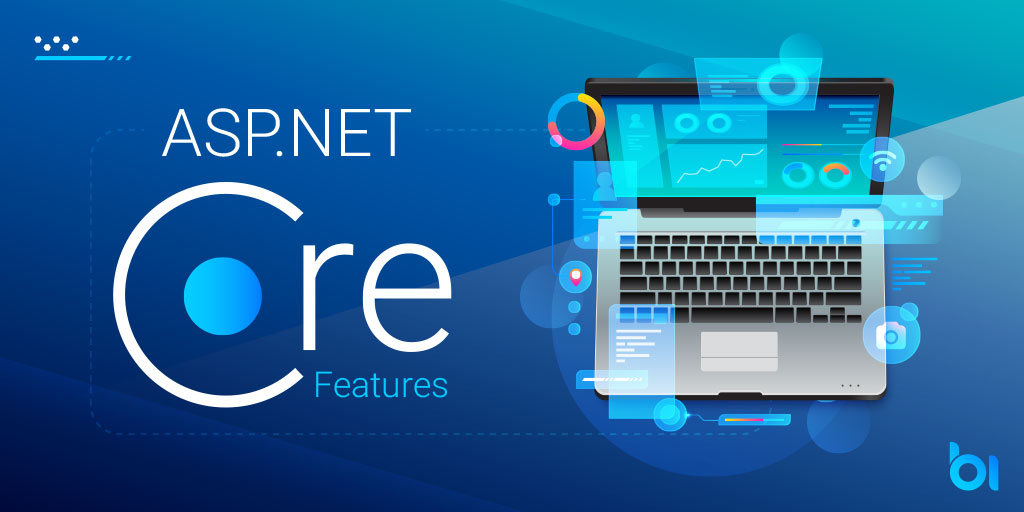
What is .NET Core?
NET Core is an open-source, cross-platform framework that makes it possible to create contemporary, cloud-based, and internet-connected applications. It is the platform-independent offspring of the.NET framework, currently known as.NET. It can be used in many different ways to create popular apps across various platforms.
Microsoft provides C#, Visual Basic, and F# as the foundational programming languages for the.NET platform. The C++/CLI language is also supported as of.NET Core 3.1. After its launch in June 2016, Microsoft discontinued the “core” branding when.NET 5.0 was released in November 2020.
The.NET extension of it A cross-platform framework called MAUI (.NET Multi-platform App UI) is used to create native desktop and mobile applications. This cross-platform XAML (Extensible Application Markup Language) toolkit is built with C#. Thus, you can write apps for Windows, macOS, iOS, Android, and Tizen using a single code base.
Benefits of.NET Core for companies and developers
.NET Core offers numerous advantages, including the following.
- You can use.NET Core on Windows, Linux, and macOS, among other operating systems.
- In order to guarantee that code is compiled into the intermediate language (IL), it has Common Language Specification (CLS). As a result, programs written in various programming languages can communicate with one another.
- The CoreCRL, a modified CLR, is used by.NET Core. This is the runtime IL code management and execution virtualization system.
- It offers excellent support for Internet of Things and cloud-based applications.
- Not even expensive Windows/Service licenses are needed for.NET Core.
- It features the Framework Class Library’s (FCL) CoreFX implementation. As a result, a standard library containing classes, interfaces, and value types related to system functions is provided to developers.
- The development IDE features of.NET Core enable the creation of web, mobile, cloud, and desktop applications.
Uilizing business use cases to demonstrate the genius of.NET
Here are a few real-world examples of.NET applications in the business world in 2023.
1. Increasing supply chains and logistics
Consider.NET Core as a powerful tool for increased efficiency and faster reaction times. This offers increased productivity capacity. Higher performances allow you to scale up for faster and more effective system results in fast-paced environments.
Consider the supply chain management industry, wherein business success is determined by prompt response and turnaround times for requests. Some of the most important things in this situation are the tracking of requests, the obtaining of goods, and the product delivery. Improved real-time order visibility is another benefit of a more effective application for users.

The robust and fully scalable.NET Core framework promotes growth through the development of built-in applications. Stakeholders and application users should be content with the product at the end of the day. If they are able to complete their tasks with ease, that is a huge win for the company.
Businesses can function with a greater emphasis on speedier turnaround times thanks to the.NET platform. As a result, they can manage bigger volumes of data with ease and respond to requests. The product assists in delivering the required results and operates without a hitch for users.
2. Dynamic websites and web apps
.NET Core facilitates the creation of dynamic web apps and vibrant websites. This framework also makes it easier to create new web applications that adhere to the Model View Controller (MVC) architectural pattern. Its common language runtime enables programmers to write code in a variety of programming languages developed by Microsoft.
In a similar vein, they can even incorporate C/C++ and additional external languages into the.NET framework. It’s a fun fact for programmers to keep in mind. Developers can write different languages for different sections of web projects because of interoperability. They can also synchronize new web solutions with legacy applications.

The ASP.NET web framework is open-source and platform-neutral, expanding the.NET ecosystem. To handle web requests, developers can write code in either C# or F#. Additionally, programmers can use the C# language’s Razor web page templating syntax to create dynamic web pages. Moreover, interactive web UIs can be created in Blazor using C# rather than JavaScript.
3. Native apps for mobile devices
Because.NET Core is so comprehensive, it also works with native mobile platforms (Android and iOS) and Windows. For this reason, developing mobile apps within this framework can be beneficial to your company. It is difficult to match, let alone surpass, this level of compatibility with any current framework. As a result, this framework will remain dominant and brilliant for a very long time.
$142 billion in global consumer mobile app spending was reported by Sensor Tower. According to the report, global app user spending on mobile devices is expected to reach $270 billion by 2025. Throughout the forecast period of 2021 to 2025, the CAGR will remain at 17.43%.
This implies that mobile applications have a huge window of opportunity for growth. With Xamarin, the.NET ecosystem facilitates the creation of apps for the iOS and Android operating systems. Businesses can now create native apps that function on both app stores with the help of Xamarin.
A cross-platform and managed development framework’s greatest benefit is that it allows businesses to concentrate on the big picture. Other frameworks, however, are only able to handle one of the two platforms. You are free to choose either or both, and you will still be largely accessible to users without this restriction.
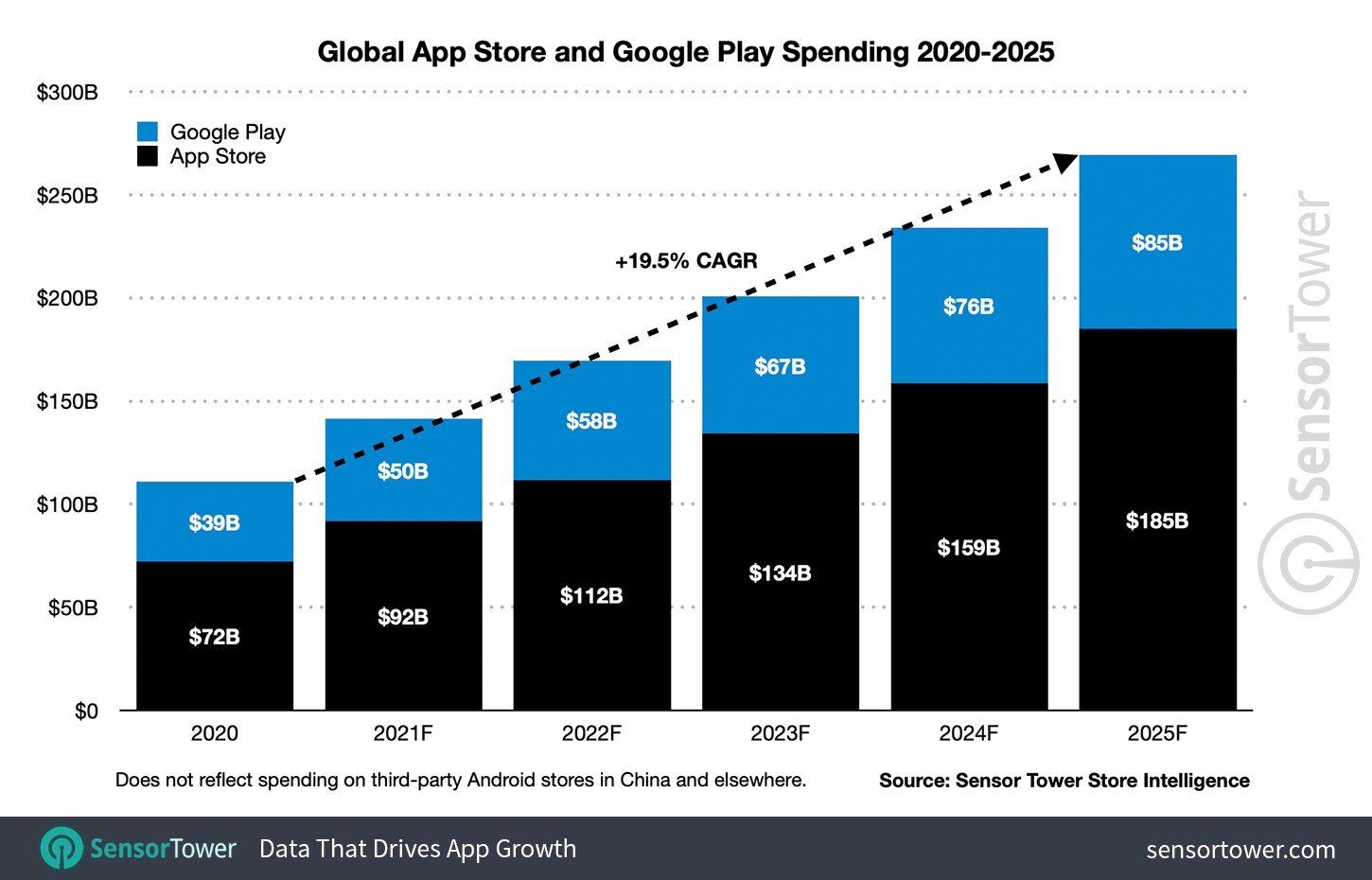
4. Enterprise cloud solutions
Prior to acting hastily, let us discuss the reasons why companies typically choose.NET Core. If you want to create a platform-autonomous application, this framework is perfect. In other words, it lets developers use CLI control and launch cloud-based enterprise applications.
Because.NET enables developers to create a single application that runs on multiple platforms, most businesses choose it. Therefore, you can use a single development environment (almost one codebase) to deploy apps to several platforms. Consider lower expenses for support, deployment, and programming.
You naturally want to give it your all when the going gets tough. Thus, aim to develop applications with a higher user base and greater power. That exact leverage is provided by the.NET Core in conjunction with Microsoft Azure.
5. Robust IoT-based systems
We live in a time when wearables and other smart devices are becoming increasingly common both domestically and abroad. IoT and other contemporary technologies are gaining new significance. Key components for developing IoT-powered websites are also present in the.NET Core.
Above all, improved security and cloud-based integration are critical to the seamless operation of related technologies for users of IoT. For both of these aspects, the bandwidth of the.NET Core is high. IoT is no longer just a fad in technology; it is now a common story in many different kinds of industries.

IoT is being used in home appliances, contemporary industries, and mobile apps. IoT is present everywhere input devices, displays, and sensors are required. You only need to glance around to realize how widespread this technology is in the modern world.
In this use case, machines are learning to connect and give us experiences that are comprehensive. And perhaps without our even realizing that they are Internet of Things-based. One of the best development environments for IoT applications is .NET.
6. Insistent application security
Alright, there isn’t a real business use case for application security. However, in order to protect software solutions from hackers and data theft, every business still needs it. Businesses need to be very aware of cybersecurity, especially in light of the growing popularity of AI, Blockchain, and machine learning.
The data in your company today needs to be protected. What would happen if hackers gained access to the data of your customers? Not only do you lose the clients, but you also risk permanent damage to your income and reputation.
The .NET Core is made to make security possible for businesses and their customers. Particularly in applications related to payroll and accounting, where a security breech could be disastrous for an organization. .NET can stop these kinds of things from happening in a number of ways. Developers are able to produce better architectural constructs (like microservices and APIs) and impactful modular code.
7. Top .NET Core features for developers and brands
Some of the factors that will make.NET Core a viable option for developers and companies in 2023 are listed below.
- Modular & scalable microservices
- Greater support
- Performant, flexible, and seamless
- Higher customization
- Selection of app architecture
- Rapid deployment
8. Scalable and modular microservices
Remember that the.NET framework is modular. For this reason, it fits in well with a microservices architecture and is very scalable. This means that every web service and API is created separately to give your company a significant competitive advantage for growth.
9. Greater support
A popular framework indicates that more developers are proficient with it. However,.NET Core also makes that promise. Microsoft and open-source developer communities run GitHub, which is home to the majority of the.NET ecosystem.
For novice developers, this makes learning, adjusting, and writing code in.NET enjoyable. The likelihood that you will work with competent resources who have strong programming skills within the framework is another encouraging aspect. Because of this,.NET is both economical and ideal for your website project requirements.
10. Performant, adaptable, and smooth
This feature enables the development of a highly performant and versatile application. It makes it easier for more clients to complete tasks without interfering with their user flows or travels. Additionally, it offers a smooth and excellent user experience, assisting companies in running their operations without any hiccups or interruptions.
11. Higher customization
Higher levels of development customization are possible with the.NET Core and even the Microsoft.NET framework that preceded it. Additionally, this aids in locating security flaws that programmers can promptly fix. One of the many benefits of its open-source nature is that it helps to leverage extra functionalities for particular business needs.
12. Choosing an application’s architecture
The goal of.NET Core is to empower developers to choose the right server type and architecture for their products. Since most businesses have unique needs, this enablement is therefore very important. Selecting the server strategy and architecture that best suits your needs is crucial for this reason.
The.NET Core is not restricted to Microsoft servers, OS, systems, or pricey licenses like the.NET framework is. You can look outside of the Microsoft domain for more affordable solutions with the flexibility that.NET Core offers. Planning a strategy that perfectly complements your business is therefore aided by it.
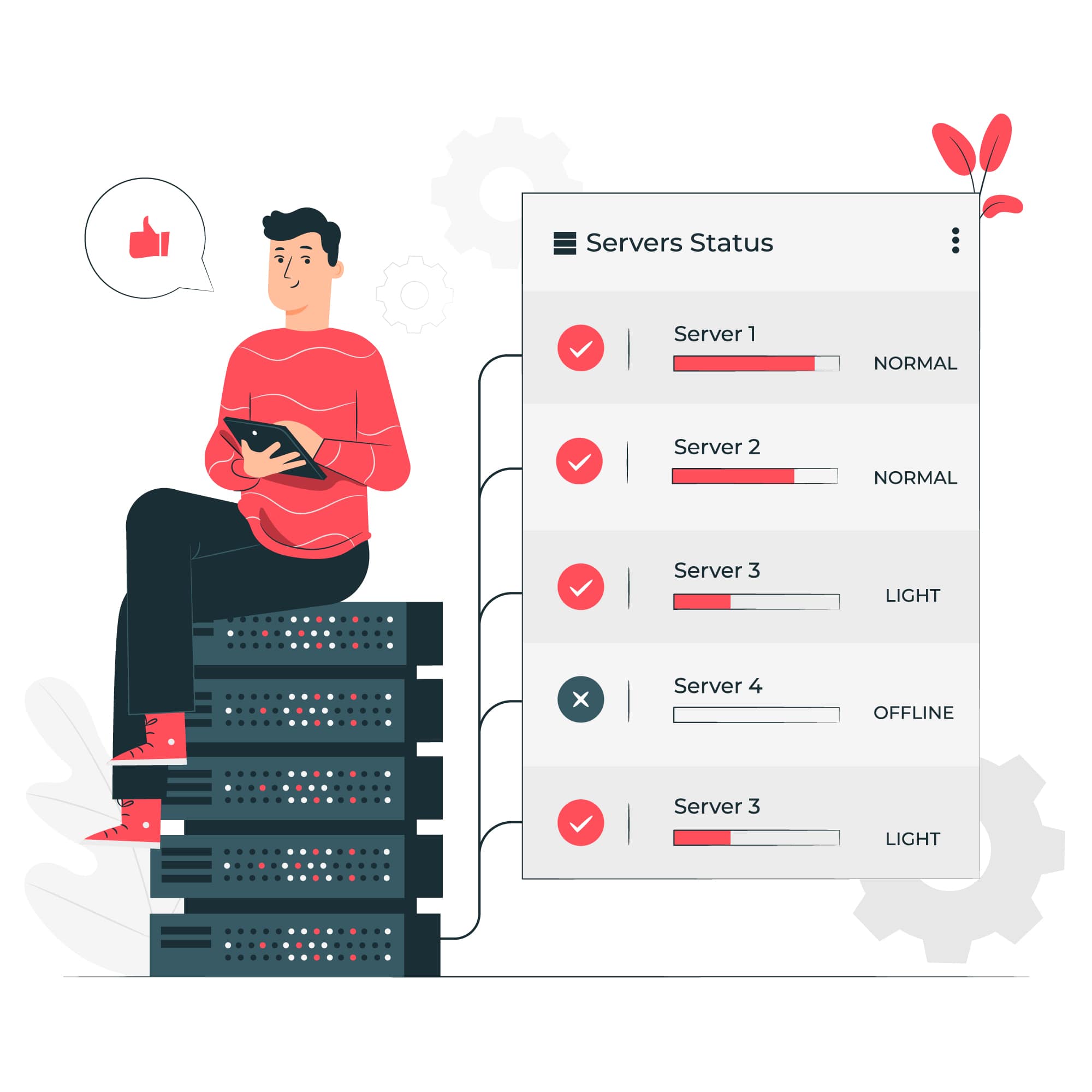
This enables businesses and startups to expand by making financial decisions that improve ROI over the long run. During the product development process, many companies only pay attention to the end result. Still, this explains why MVP apps have become such a popular idea.
It becomes more crucial to take server and infrastructure costs into account as businesses grow. Additionally, making poor choices early in the development process can result in a sizable increase in costs later on. This is handled by the.NET Core since it facilitates the realization of economies of scale.
You have a big advantage when building apps with the.NET ecosystem because they can grow with your business. Put another way,.NET application development has a lot to offer enterprise solutions. Because it provides an advantage for developing apps at lower costs and scaling them up to meet your company’s needs.
13. Rapid deployment
Companies compete fiercely and always want to be the first to introduce new features to their products. Everybody is monitoring each other’s actions. Thus, it has become increasingly difficult to release new features of products before competitors these days.
It’s critical to ascertain what features your competitors are launching. Also, it’s imperative to understand how to outperform rivals’ products. These end up being some of the main points of any argument for feature development.
A developed feature ought to be simple to use and deploy. Because of containerization, the.NET core promises incredible flexibility. As a result, deployment via the framework is incredibly quick and easy.
If you work as a developer, some of the deployment issues have to do with setting up the environment. You occasionally need to move the containers due to these issues. Microsoft Visual Studio comes with built-in support for containerization. To prevent any obstacles during deployment,.NET Core enables deployment on multiple operating systems, including Windows.
You don’t have to give up creative user interface controls in order to accelerate product development for rapid deployment. As a result, developers must write code more quickly while maintaining total security and dependability. Because of all of this,.NET Core is the best choice for a rapid product launch.
Conclusion
The greatest features of .NET are its accessibility, open-source nature, and cross-platform compatibility. Thus, this is the path that will eventually lead to the development of strong and influential web and mobile applications. With its enormous feature set and multivastness, the.NET Core will contribute to the advancement of technology.
These days, products dictate to customers how to carry out tasks more effectively in addition to meeting their needs. Because of a multitude of technological concepts, .NET Core supports a wide range of use cases that allow businesses and users to grow. There’s more to come, and the celebration is only beginning.
Do you want to develop enterprise apps that run on multiple platforms? Are you looking to host your .NET Core applications?
ASPHostPortal is one of the best alternatives for your ASP.NET hosting, offering:
- Better pricing and value for money
- Feature-rich hosting plans
- 99.9% uptime guarantee
- Enhanced security features
- Global data center locations
- Multilingual customer support
Whether you’re a seasoned web developer, a personal blogger, or a business owner, we’ve kept you in mind when designing our hosting services.
We provide everything you need, from developer-made tools like Git integration and access managers for user management to basic features like a free domain name, unlimited bandwidth, and free SSL.

Javier is Content Specialist and also .NET developer. He writes helpful guides and articles, assist with other marketing and .NET community work

